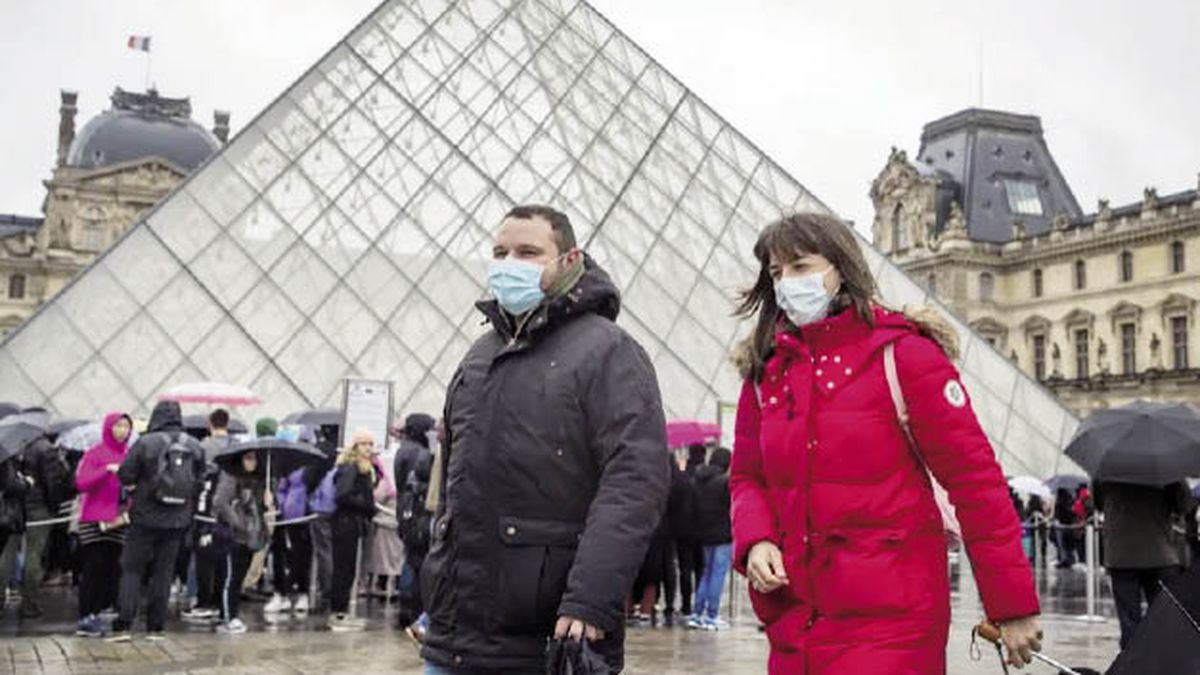In the report, Ottone adds that it is urgent to “rethink how to build a sustainable and inclusive work environment for professionals in culture and art who play a vital role in society, all over the world.” That is, if artists are progressively forced to change jobs to survive, as has been happening since the start of the pandemic in March 2020, the companies that use their works will also not have new material in the future to feed demand. .
In this way, the report asks governments to equate the labor protection of artists and cultural professionals with that of workers in general, and suggests a minimum wage for cultural workers, as well as better pensions and subsidies. disease for the self-employed.
“Even in countries that have social security schemes designed for self-employed or self-employed workers (who make up a large part of the workforce in the creative economy), a significant proportion of these workers are often not entitled to them,” he noted.
Since the pandemic began, “network multinationals have consolidated their position, and inequalities in Internet access have become more significant,” he says, continuing: “for most artists, the digital environment does not provide enough income to maintain a professional career. It is necessary to act to reduce the value gap of streaming”, that is, the disparity between the value that platforms extract from content and the income generated by those who create and invest in creation.
The report estimates that the global gross value of the cultural and creative industries shrank by $750 billion in 2020, with revenue from those industries down 20-40% globally.
The report gives the example of Zimbabwe, where a third of the population accesses music through streaming services, but almost 70 percent of musicians say they do not earn income from streaming. The report cites Deedo, a pan-African music streaming platform created in 2017, which has more than 12 million songs and is accessible in six African countries, as well as France and the UK. “In four years,” he says, “Deedo has not only become a key player in the African music industry, but has also increased the visibility of African artists, while offering social engagement through his ‘A song, a soul’ (which donates 5% of each subscription to the charity of the user’s choice.”)
UNESCO also points out that gender equality is “a distant prospect”, despite the fact that women workers represent 48.1% of the culture and entertainment sectors.
“The data suggests that women continue to be underrepresented in leadership positions, have less access to public funding and their work is less visible and recognized than that of their male counterparts”, to conclude that the pandemic may have affected disproportionately to women artists and cultural professionals.
Another aspect addressed in the report is domestic content quotas, noting that a growing number of countries, such as Canada, Australia and South Africa, are looking at how to hold streaming services accountable for providing local content. After the European Union addressed a note to its member states stipulating that streaming services like Netflix must guarantee at least 30% European content in their catalogues, both France and Spain have moved forward with even higher quotas. Of course, the effects are not the same either by specialty (such as music or cinema) or by territory. In our country, some actors, screenwriters and directors stated that streaming companies were the only ones that allowed them to continue working during the pandemic, which caused the closure of movie theaters.
Source: Ambito
David William is a talented author who has made a name for himself in the world of writing. He is a professional author who writes on a wide range of topics, from general interest to opinion news. David is currently working as a writer at 24 hours worlds where he brings his unique perspective and in-depth research to his articles, making them both informative and engaging.




